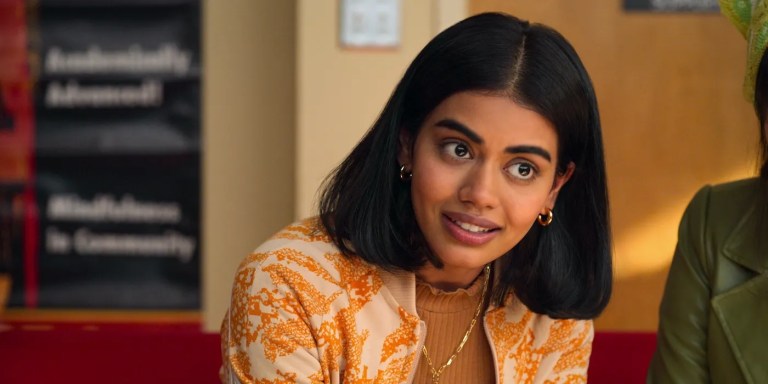himani
Contributor
Himani is a dabbler of a writer. Her work includes reviews of media centering Asian stories, news and politics, advice and the occasional personal essay. Find her on Instagram.
Featured Articles by Author
All Articles by this Author on Autostraddle
netflix
never have i ever
covid-19
Practical Magic
coming out a little later
you need help
autostraddle fundraising
#affiliatemarketing
memoir
netflix
never have i ever














